Common Water Heater Myths:
Everything You Need to Know
Misconceptions about water heaters can be confusing for homeowners. But fear not! Our guide on the most common water heater myths can help. Discover the real facts and gain valuable insights that might surprise you. Don't let false information cloud your judgment - read our informative guide today.

Myth #1: They last forever
Don't be fooled: water heaters don't last forever. Although they can endure for a few years, their lifespan is affected by several factors like usage, quality, and maintenance. Generally, you can expect them to last between 8 to 12 years. If you fail to replace your old water heater soon, you risk pricey repairs and home water damage. Thus, we advise you to start considering a replacement while your water heater is nearing its end to dodge unwanted circumstances.


Myth #2: All water heaters are the same
Not all water heaters are created equal! Just like any other appliance, water heaters come in different sizes, shapes, colors, and efficiencies. It's important to consider your hot water needs, how quickly you need it, and how much you could save before making a purchase. Choosing the right water heater could save you hundreds on energy bills. Don't be misled by the myth that all water heaters are the same; make an informed decision that delivers hot water all year round while also saving you money.

Myth #3: A bigger tank means more hot water
Don't assume that a larger hot water tank equals more hot water and lower bills. A bigger tank means more energy waste and expenses without necessarily increasing your hot water supply. Instead, prioritize choosing a tank that matches your household's hot water usage to avoid financial strain. Achieve the right balance by making an informed decision based on your family's needs, rather than solely focusing on tank size.


Myth #4: You can repair or replace a hot water heater yourself
Don't ignore a malfunctioning hot water heater - a prompt fix is crucial. But avoid trying to fix it yourself, as that could lead to even more trouble and put you in danger. Instead, call in skilled water heater repair technicians who can tackle any problem with ease. Going pro not only saves you money on repair costs but also ensures your peace of mind.

Myth #5: Your water heater doesn't need to be flushed
Don't fall for the myth that flushing your water heater isn't important! In fact, this simple maintenance task is crucial for ensuring optimal performance and extending the lifespan of your heater. Why? Over time, sediment can build up in the tank and cause efficiency issues, which can lead to costly repairs or replacements. By regularly flushing your heater, you'll prevent this buildup and promote efficient operation, saving you money and ensuring you always have plenty of hot water. So make sure to prioritize this task and keep your water heater in tip-top shape!
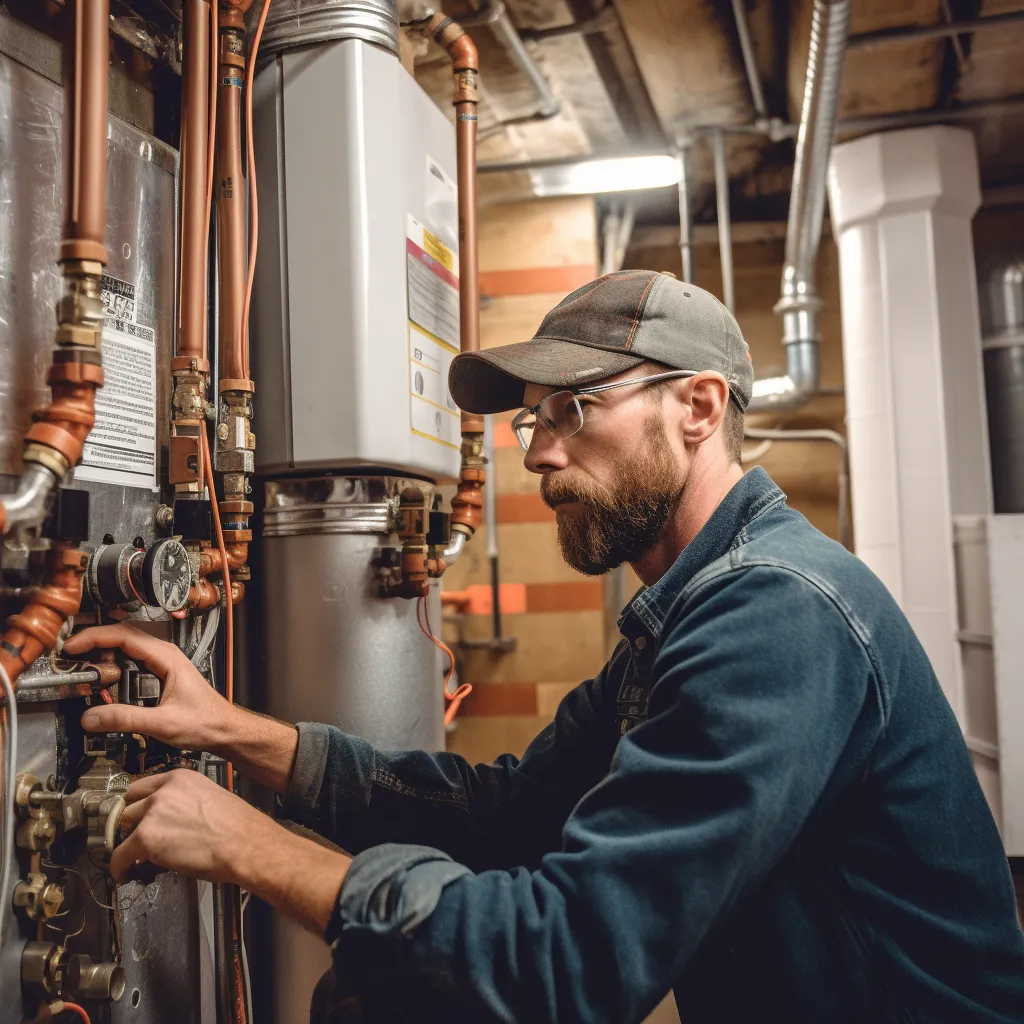

Myth #6: Keeping an outdated water heater saves money
Don't fall for the misconception that keeping an old hot water heater will save you money. In reality, outdated heaters are prone to inefficiency and expensive repairs, causing your energy bills to stack up. Instead, upgrading to a reliable and energy-efficient model is a smart move that will save you money and boost your home's energy efficiency.

Myth #7: A bigger water tank is more energy efficient
Stop thinking that a larger water heater is the solution to your high energy bills. A bigger tank does not mean better efficiency. It can consume more energy if not insulated correctly. Choosing the right tank size according to your household's needs is essential to save on energy bills. If you select a bigger tank than needed, you'll end up consuming more energy and witnessing inefficiency. Avoid the need for an upgrade by maintaining your water heater and conserving energy.


Myth # 8: Cranking up the water temperature is a good idea
Think twice before turning up the heat on your hot water. It may seem like a good idea, but higher temperatures can lead to dangerous burns, particularly for children and older adults. Plus, mineral buildup in pipes and appliances can cause expensive and frustrating problems. Don't forget about the higher energy consumption and increased utility bills that come with hotter water. Be smart and stay safe – keep the temperature in check.
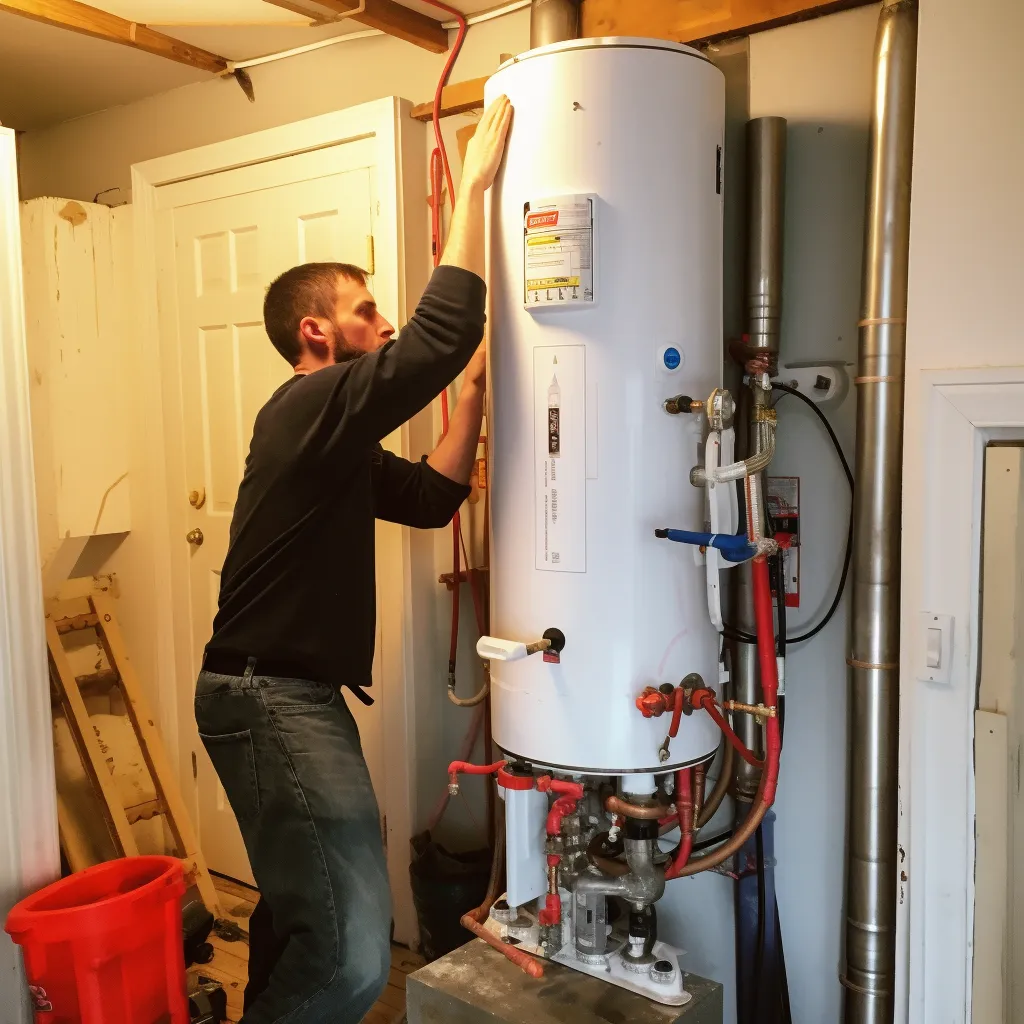
Myth #9: Setting your water heater to the highest temperature
is the way to go
Ever thought that cranking your water heater to the max would give you instant hot water? Think again. Setting your water heater to the highest temperature is not only a waste of energy; it's also a safety hazard that could cause severe burns. Instead, most households only need to set their water heater to around 120 degrees Fahrenheit to get hot water. Not only is this safer, but it can also help reduce your utility bills. Remember, higher temperatures don't guarantee better performance. Strike the right balance between temperature and safety for ultimate efficiency.
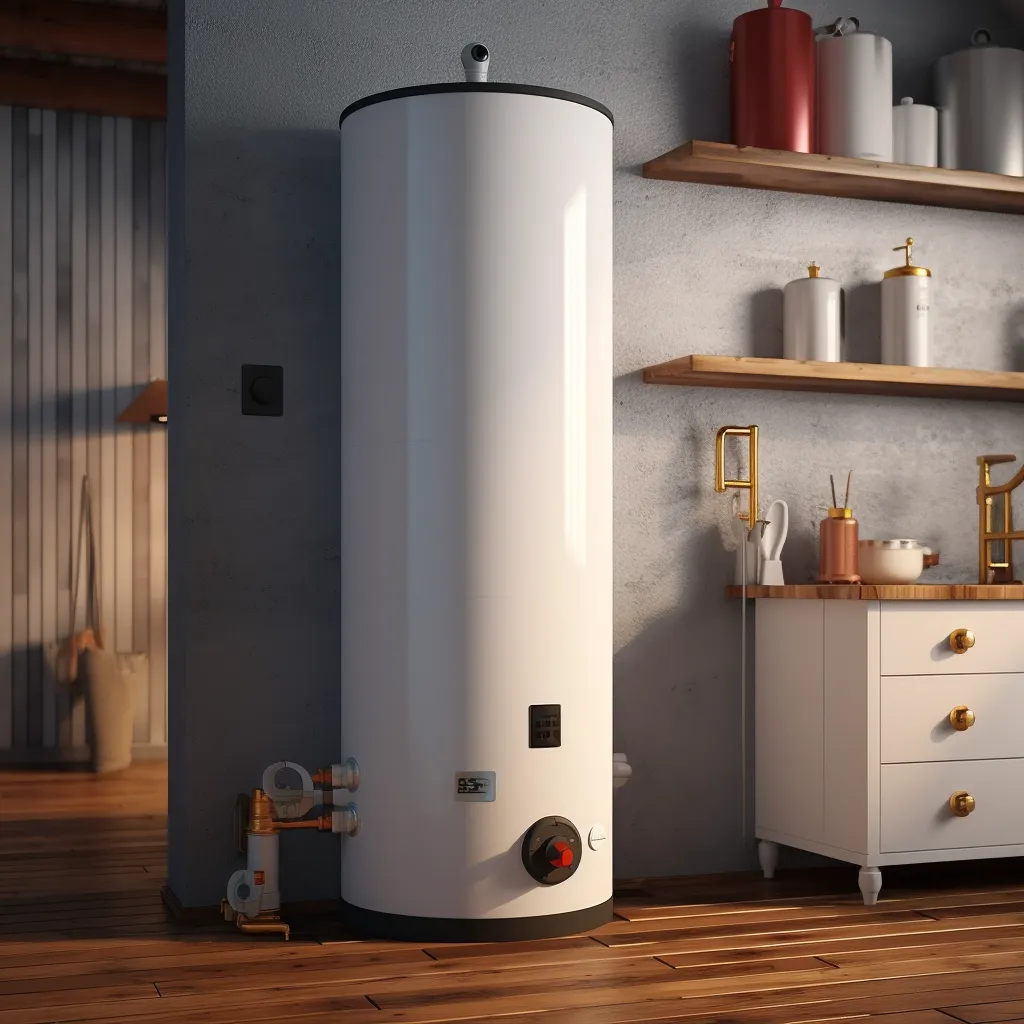
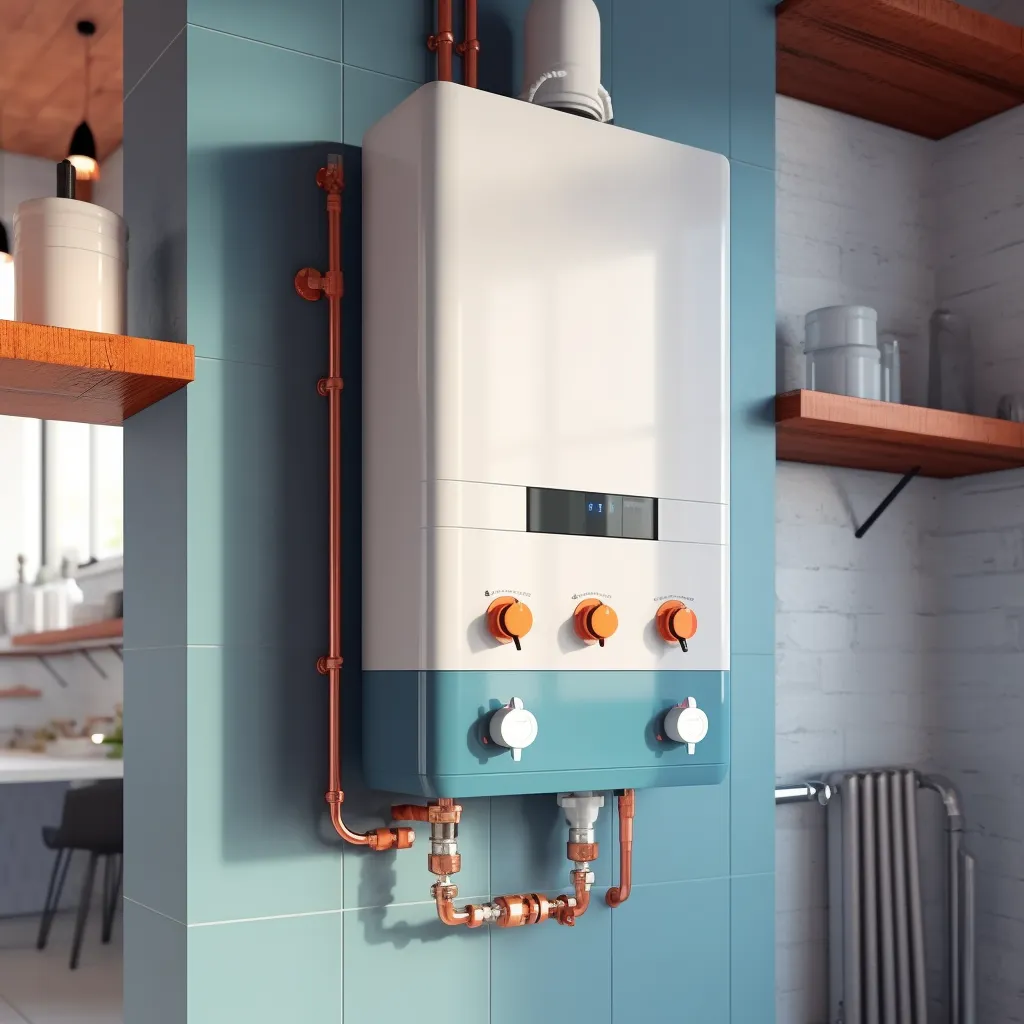
Myth #10: Your water heater wastes energy
Water heaters have come a long way in terms of technology. Modern tankless models heat water only when necessary, making them far more energy-efficient than older tank models. Some models feature insulation and timers, helping prevent heat loss and unnecessary heating. Don't overlook the benefits of upgrading to a more efficient water heater. Use yours wisely and enjoy lower energy bills without sacrificing comfort.

Myth #11: You don't need to regularly maintain
a water heater
Your water heater needs regular maintenance to function at its best. Skipping upkeep can cause decreased efficiency, expensive repairs, or even total replacement. Checking the pressure release valve, flushing the tank, and verifying the thermostat's accuracy are all necessary steps to keep your water heater running smoothly. Don't believe the myth that neglecting regular maintenance is okay - take action and ensure your unit operates optimally all year long.
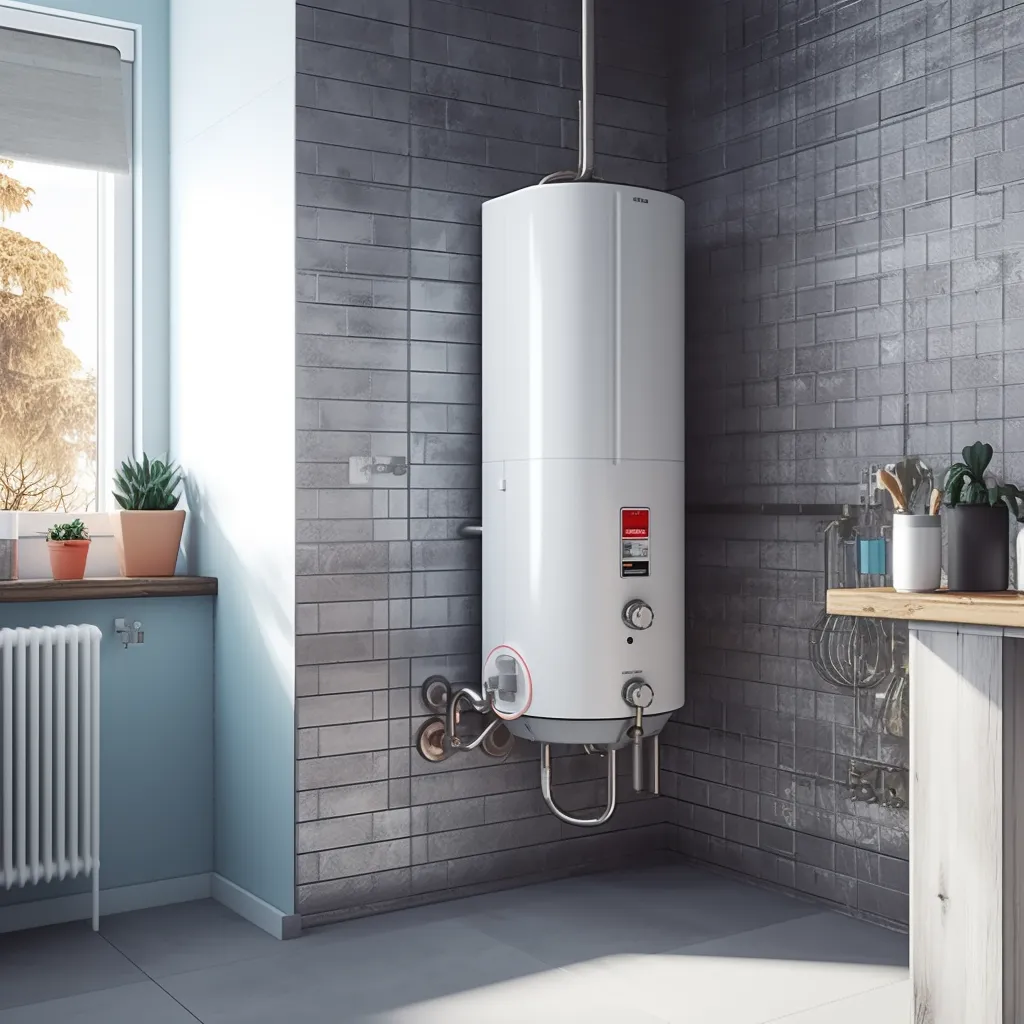
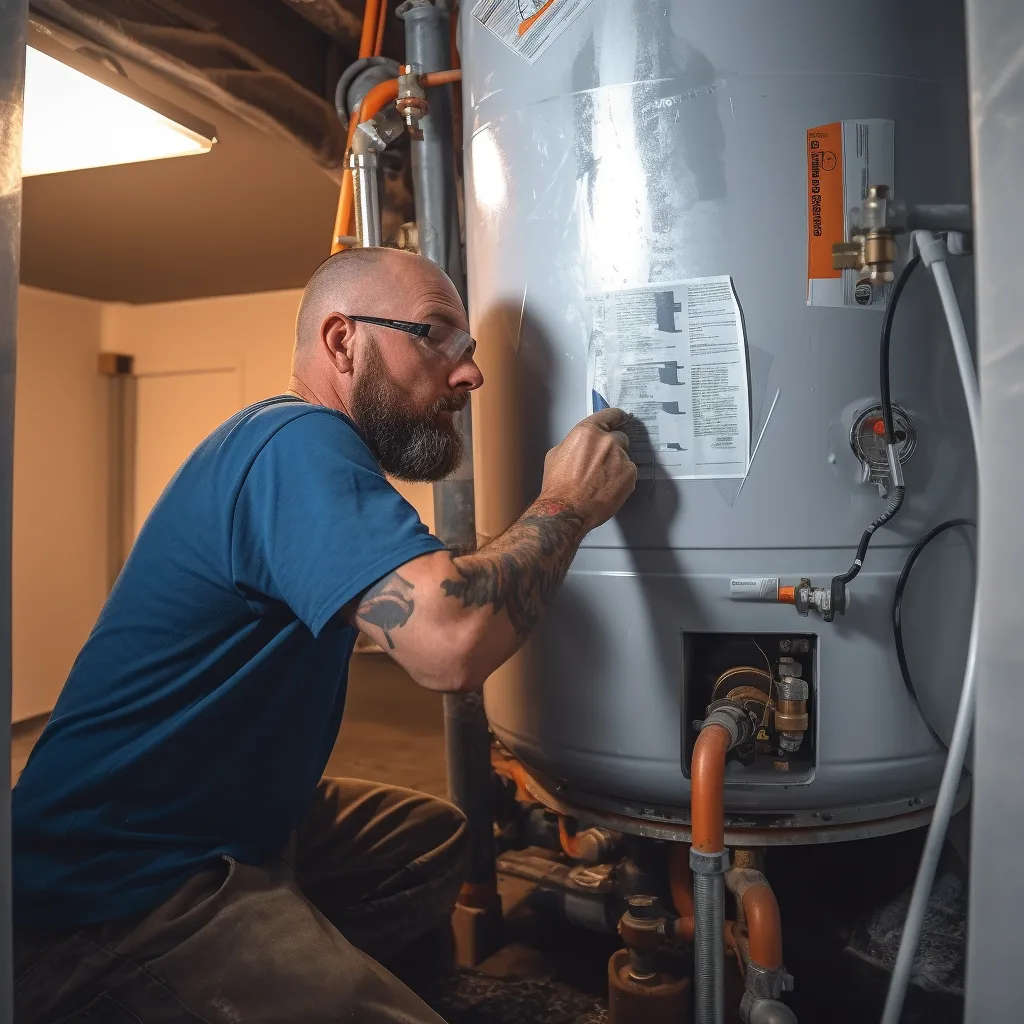
Myth #12: You can use any type of water heater in the home
Don't be tricked by myths - not all water heaters are created equal. When selecting the best one for your home, you must take into consideration your family size, number of fixtures, and budget. Moreover, traditional tank models function differently from tankless heaters. To ensure you get the most economical and energy-efficient water heater, it's essential to consult a professional who can recommend a suitable type for your needs. Make an informed decision and provide your household with the best possible water heater.
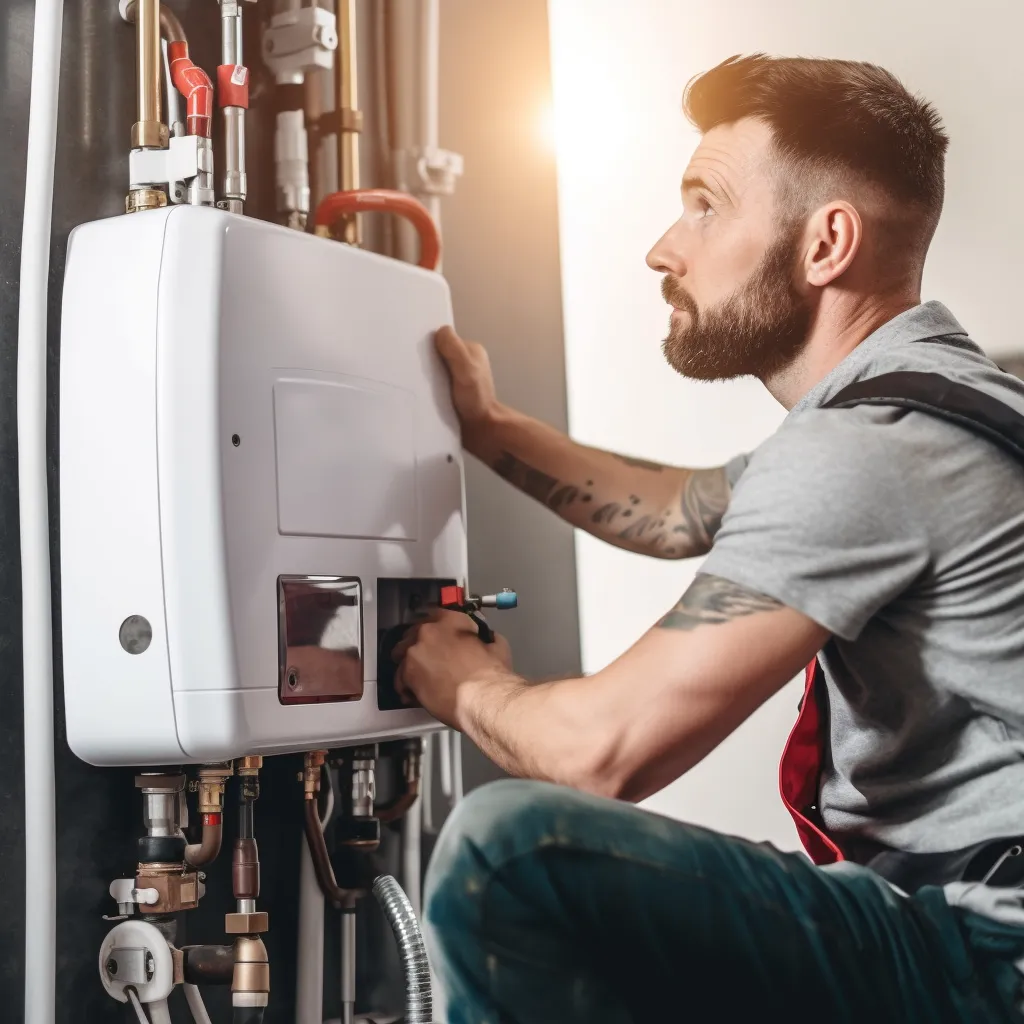
Myth #13: Hard water damages your water heater
You don't have to worry about your water heater getting damaged if you use hard water. Manufacturers make sure their products are tough enough to handle the mineral buildup associated with hard water, so feel free to use it without any worry. Even if mineral accumulation occurs in your pipes, your water heater can still handle it. So, go ahead and use hard water without any concerns if that's what you have available in your area.


Myth #14: Tankless water heaters are more costly
Although tankless water heaters can initially seem pricier than traditional models, they are a more efficient and cost-effective choice in the long term. Traditional heaters continuously store and heat water, wasting energy and increasing expenses. Tankless heaters, in contrast, heat water only when you need it, saving you money and reducing your environmental impact. Furthermore, tankless heaters tend to last longer than traditional models, requiring less frequent replacement. Opt for a tankless model to enjoy both financial and environmental benefits over time.
Ready to Solve Your Plumbing Needs?
For reliable, expert plumbing services tailored to the needs of Lake Worth and its neighboring cities, look no further than D&S Plumbing Inc. We’re here for you 24/7, ensuring that your plumbing is always in top condition.
Call us today to schedule your service!
Business Hours: Monday - Sunday, 24 Hours
Phone Number: (561) 823-2535
Location: Central Lake Worth, FL, serving all surrounding areas.
Trust your local experts at D&S Plumbing Inc. for professional, timely, and efficient plumbing solutions.
GET IN FULL TOUCH
PHONE: (561) 823-2535
EMAIL:
david@waterheaterlakeworth.com
D&S Plumbing Inc
Lake Worth, FL 33462
